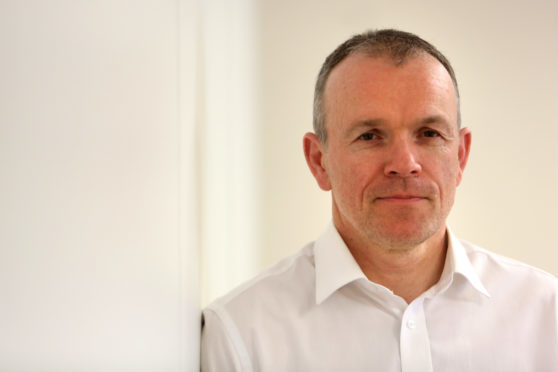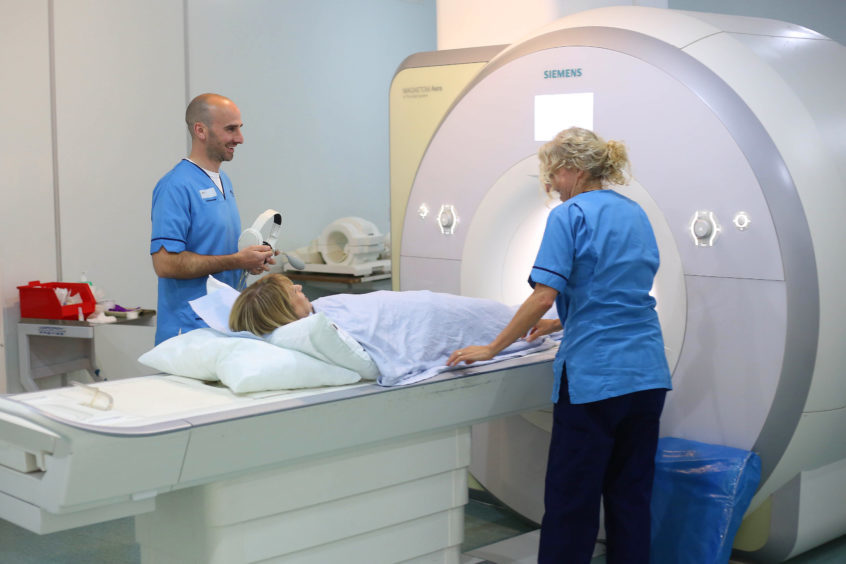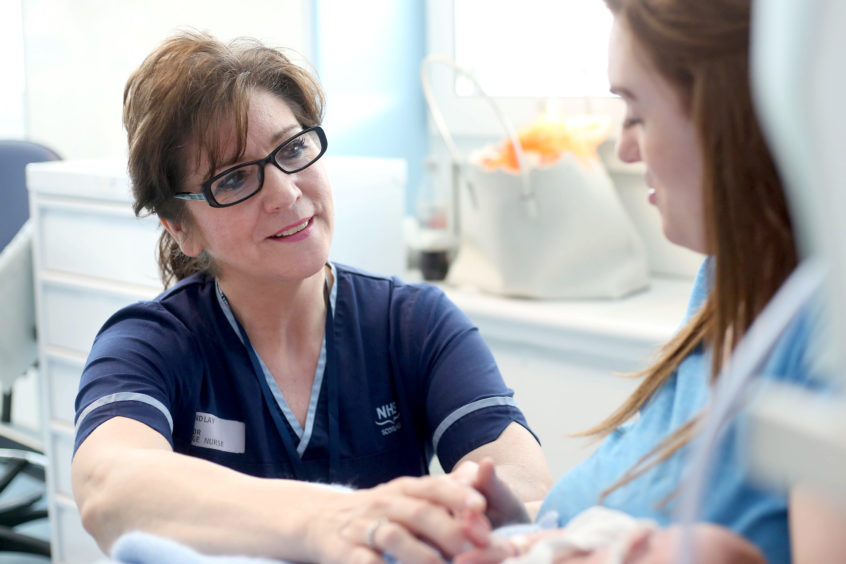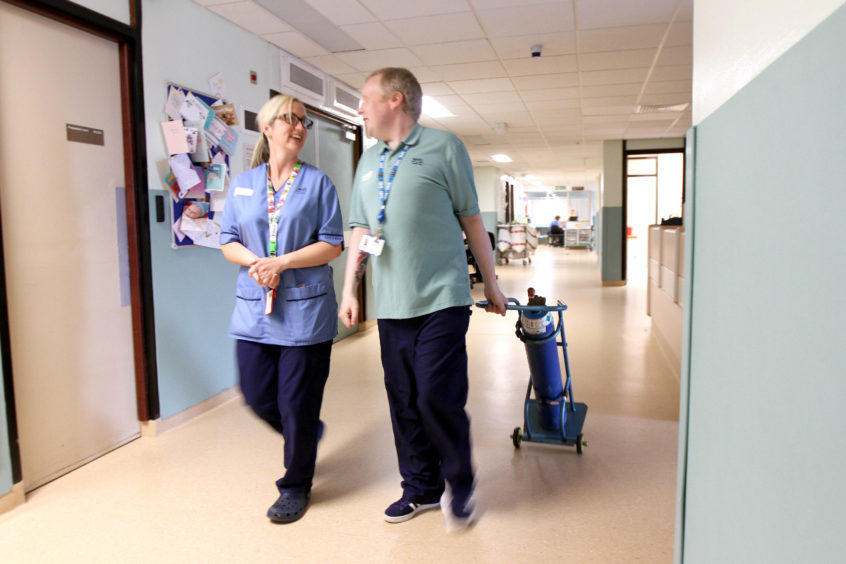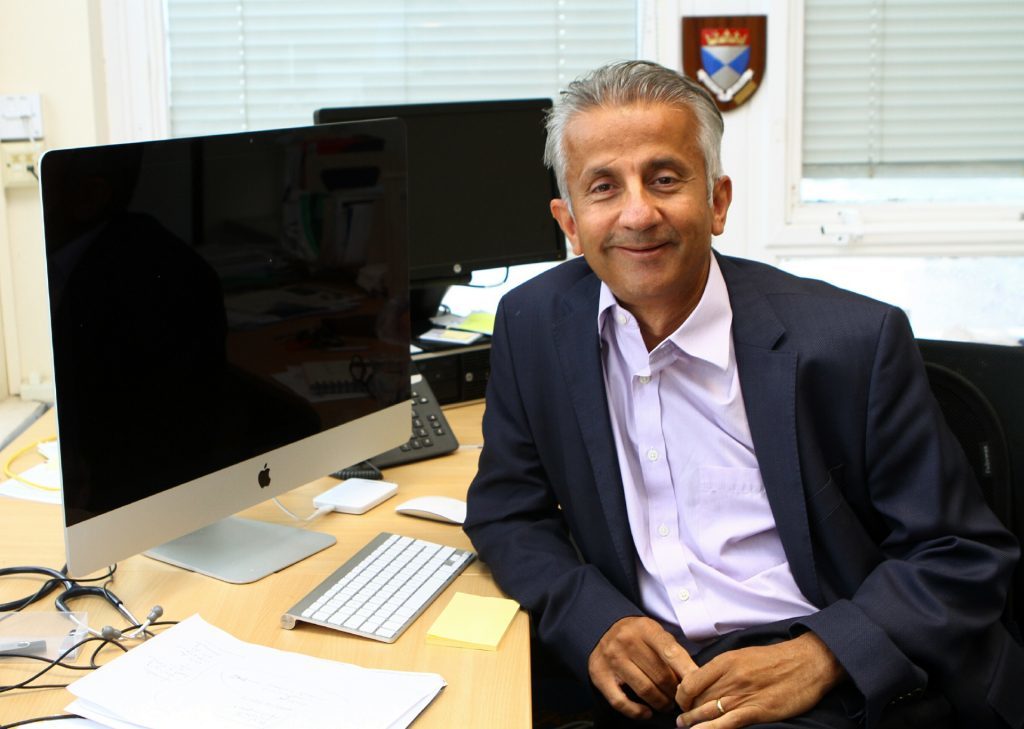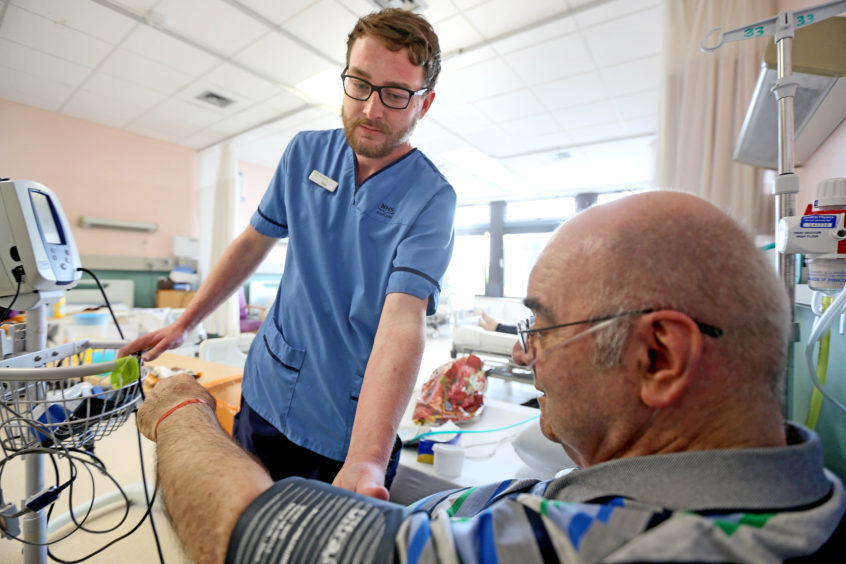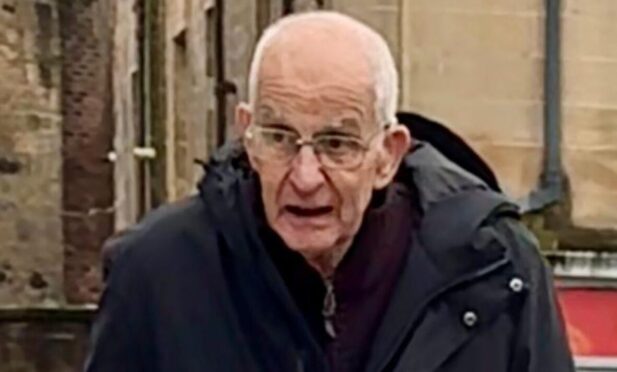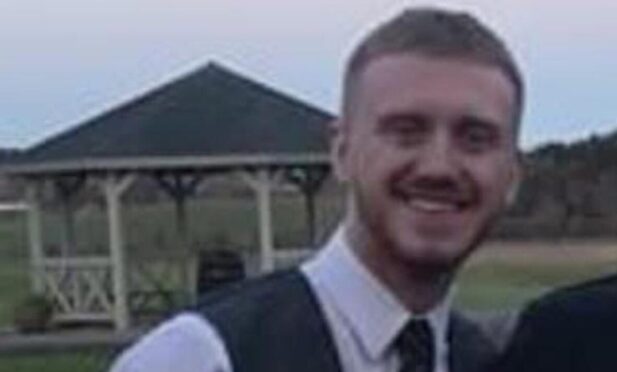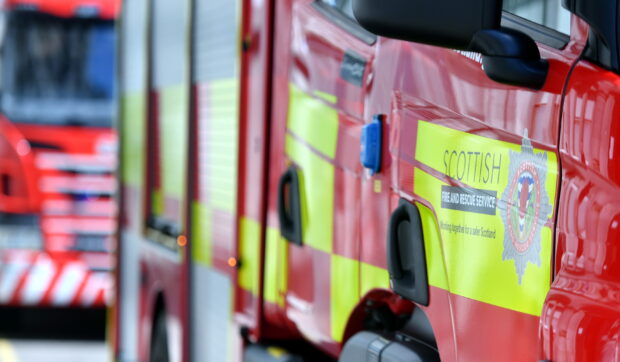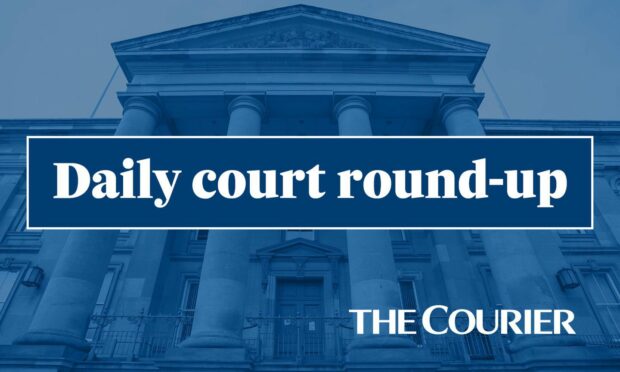A leading clinician at Ninewells Hospital has warned that recruitment and retention of staff is a “real issue” at NHS Tayside.
Professor Colin Fleming, interim associate medical director for surgery with NHS Tayside, said the Dundee and Aberdeen conurbations tended to struggle because they were perceived by many UK doctors as “lying geographically outside” core parts of the country.
Attracting staff to the rural hinterlands where community-based facilities were vital was also a challenge.
However, he said a key to addressing this situation is not just selling the area to would-be recruits as an attractive part of the world, but actually by creating “really attractive and interesting jobs”.
The warning came as doctors’ leaders warned that “cutting off” the supply of European Union medics coming to work in Scotland after Brexit will have a “disastrous” impact on the NHS.
Professor Fleming said a key to addressing this situation is not just selling the area to would-be recruits as an attractive part of the world, but actually by creating “really attractive and interesting jobs”.
“I’ll give you an example,” he said.
“I’m a dermatologist – we are in the first steps of building an Institute of Dermatology to build on our really good researchers and really good clinicians.
“That institute will cover an umbrella of researchers and scientists and clinicians and it will I hope allow us to become more attractive to people working in the region because they’ll understand they are part of this bigger entity which actually will allow them to take their careers in different directions.
“It may be teaching, it may be research, it may be clinical service development but that’s the sort of vehicle I believe begins to address that problem. We accept we are in a competitive market and we get competitive.”
It’s a strategy supported by Dilip Nathwani, director of the Dundee-based Academic Health Sciences Partnership, who is at the forefront of Growing the Tayside Biomedical Cluster – a collaboration which aims to create wealth, sustainable job opportunities and improved health outcomes for the people of the Tayside region and beyond.
Highlighting the energy of staff and innovation they bring to the heart of the NHS, he said: “The big challenge that we have across the UK, but perhaps more so in Scotland and even in Tayside, is how do you retain staff here, how do you recruit talent?
“How do you get staff to the population needs of Highland and Tayside and Grampian – remote and rural populations? How do you keep old folk in their homes with a nice quality of life?
“That requires innovative, technological as well as other solutions.
“Rather than to keep on saying how terrible this hospital is that’s under financial scrutiny, our quality of care is still very good and we need to say from the person who cleans the floors to the person who’s the midwife, a nurse, a pharmacist to a doctor, that this is a great place to come and work – bring yourself, bring your family, come and live here.
“Not just because we have great countryside and the V&A is coming, and so on, we need to say to them that here not only will you find a fulfilling life but you will have developmental opportunities. “We will give you space and time to develop. If you are a creative and an innovative person then Tayside is a place to come and work.”
Professor Nathwani said the partnership approached aimed to connect multi-disciplinary staff with
academics and commercial/industrial partners to “support them with their ideas and bring their dreams to realisation”.
He added:“How do we work in a tri-partite way between the NHS, the academic sector as well as the industrial sector to really drive improvement in patient wellbeing?
“Because all of this is really about how do we improve the outcomes of patients, but as someone who pays taxes in this part of the world, how do you bring about economic growth?
“I think that in England these models have been very very successful. What worries me is that if that is lost then we will not progress and we will not make the inroads into the most challenging areas.”
Professor Nathwani said for anyone working in the NHS there’s an expectation of doing an incredibly hard job and meeting people in the extremes of life. But the benefits and job satisfaction for most were also immense.
Last week doctors’ leaders warned that “cutting off” the supply of European Union medics coming to work in Scotland after Brexit will have a “disastrous” impact on the NHS.
The absence of progress on a deal is “deeply worrying”, according to Peter Bennie, chair of the British Medical Association (BMA) in Scotland.
He met MEPs and fellow European doctors in Brussels last week to step up calls for action.
With the NHS in Scotland already facing staff shortages, the BMA has warned that the failure to agree a post-Brexit deal on European doctors could be ‘disastrous’.
